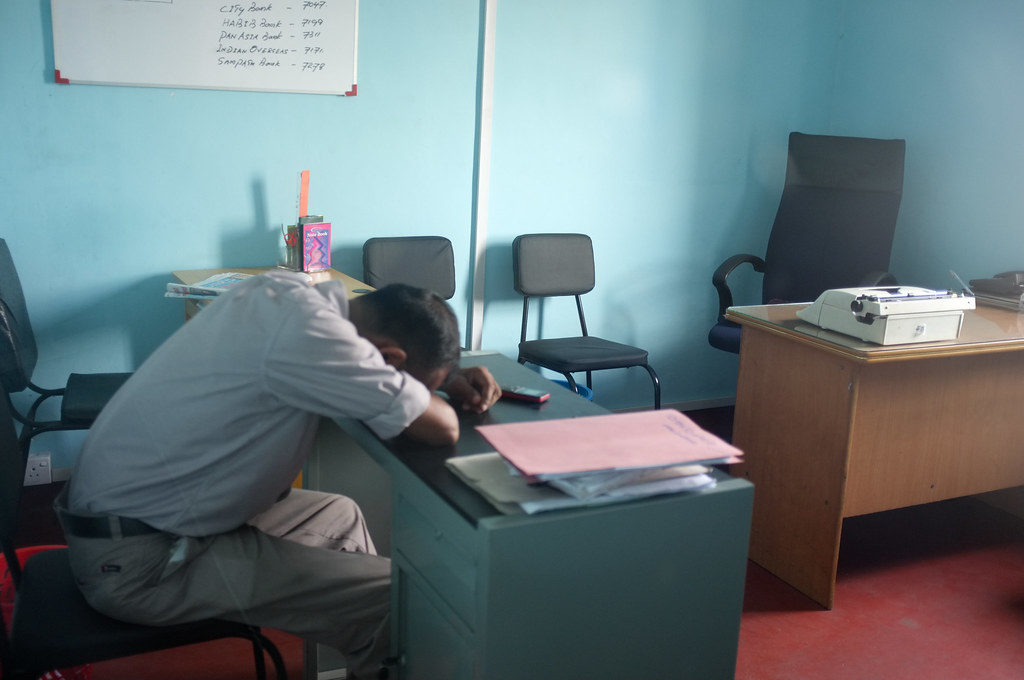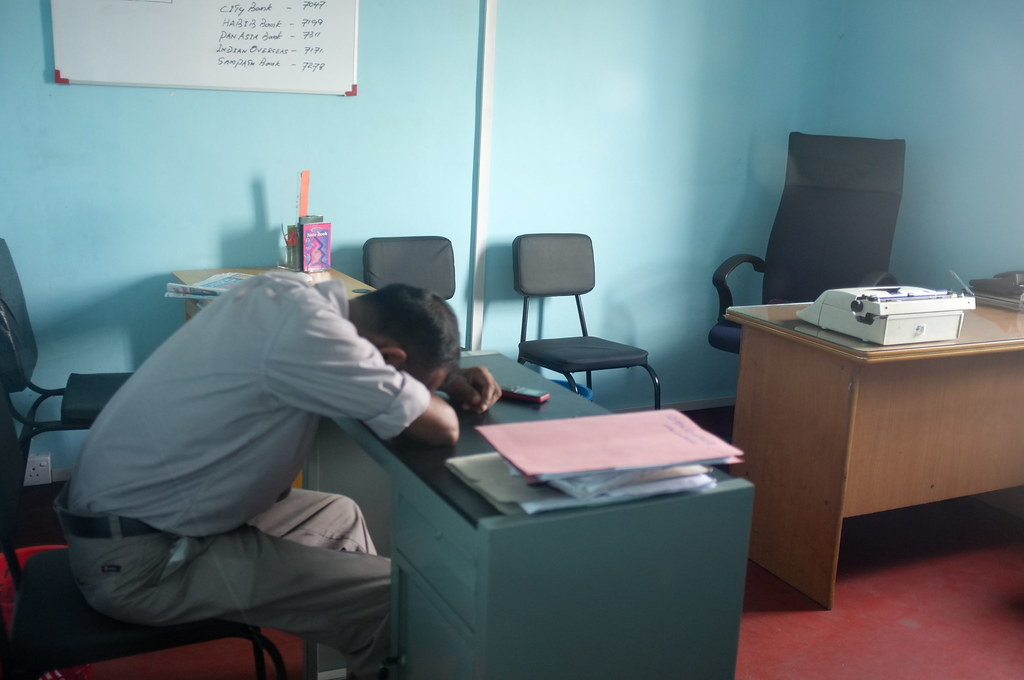Tag Archives: health
Overseas Korean Nurses Association Conference Features University of Phoenix Nurse Leaders

Several University of Phoenix nurse leaders were among the featured speakers at the Sixth General Assembly and Conference of the Overseas Korean Nurses Association held in Phoenix on October 22-23. The gathering was the first the group has held since the onset of the COVID-19 pandemic, and the theme of the conference was fittingly titled “Superheroes: Rising Above the COVID-19 Pandemic.”
A Life Dedicated to Care: Sun Jones, DNP, RN, FNP-BC
Sun Jones, DNP, RN, FNP-BC, the current president of the Overseas Korean Nurses Association who serves as the Systematic Plan for Evaluation and Curriculum Leader at University of Phoenix. During the height of the COVID-19 pandemic in June 2020, Jones led an effort to secure 20,000 surgical masks for frontline nurses from the Korean Nurses Association in South Korea.
Jones, who gave the closing remarks for the 2021 conference, was led to nursing to better understand and care for her child who had a debilitating illness. But she has since used her experience and position to help many other immigrants, particularly of Korean descent, to learn about their healthcare options, schedule appointments and talk to someone who understands their struggles.
Jones experienced firsthand the extraordinary care nurses provided during her daughter’s short life, who died tragically from complications of a neuromuscular disorder at age three. “Becoming a nurse was a life-altering change for me and took me on a path that I am grateful for every day,” Jones said. “I believe that my daughter’s passing and the challenges that I faced throughout my life made me more passionate about paying it forward through community services and striving to be compassionate and empathetic when taking care of my patients.”
Conference Keynote Featured Celebrated Nurse Kathleen Winston, PhD, RN, Dean of University of Phoenix College of Nursing
Kathleen Winston, PhD, RN, and the dean of the College of Nursing at University of Phoenix, provided the keynote address for the conference. Her presentation was titled “Nurses: The Original Superheroes.” Winston was recently named a finalist for an ATHENA Award from the Greater Phoenix Chamber and is a recognized leader in the nursing profession. She has over 30 years of career experience as a clinician, educator and academic dean.
Winston has also played an important role in shaping policy and curriculum standards through her work with the National Institutes of Health and the California Healthcare Workforce. University of Phoenix Provost John Woods, PhD, has called Winston “an extraordinary mentor and advocate for up-and-coming nurses and nursing educators alike.”
Available Online Nursing Degree Programs at University of Phoenix
University of Phoenix has a well-established nursing degree program with a number of affordable and flexible options. Students can learn online in programs that emphasize both theory and contemporary practice including evidence-based practice, quality and patient safety and leadership.
Degree programs include a Bachelor of Science in Nursing (BSN), Master of Science in Nursing (MSN) and Doctor of Nursing Practice (DNP). All nursing programs allow students to complete their degree one online course at a time to accommodate their busy lives and schedules. In addition, the Nursing Bridge Program at University of Phoenix can enable working nurses with a bachelor’s degree in an unrelated field to finish their MSN degree program faster.
About the Overseas Korean Nurses Association
The Overseas Korean Nurses Association was established in 2011 following a meeting of Overseas Korean Nurses in Seoul, South Korea. The Association seeks to promote unity and networking among Korean nurses living overseas and to provide information to overseas Korean nurses’ organizations. The Association plays a role in unifying Korean nurses, supporting their professional advancement and promoting the nursing profession to Koreans living outside the country.
About University of Phoenix
University of Phoenix is committed to providing affordable, accessible higher education opportunities for working parents and adults. This includes online nursing degree programs that prepare students for careers in the high-demand field of nursing with flexible course options to fit into busy schedules. Degree options in the University of Phoenix Online Nursing Program include a Bachelor of Science in Nursing (BSN), Master of Science in Nursing (MSN) and Doctor of Nursing Practice (DNP) as well as a Nursing Bridge Program to help working nurses accelerate their path to an MSN.
Whether interested in nursing or other careers, University of Phoenix provides a pathway for working adults to realize their academic goals with convenient schedules, online learning options, financial support and scholarships, transfer credit opportunities and dedicated staff to help students complete their degrees programs.
Staying Active at Your Desk Job

While the regular 9 to 5 workday is the norm, sitting at your desk all day doesn’t have to be! For those at a desk job, sitting has become a huge culprit in creating many long-term health problems.
Physical inactivity is a leading risk factor for death worldwide, cited as a root cause for neck and back pain, arthritis, heart disease, cardiovascular disease, and obesity. Unfortunately, our desk jobs tend to contribute to these problems. Between hours of sitting in an office chair to crashing on the couch after a long day, we’ve become largely used to becoming sedentary creatures.
Fortunately for you, we’ve compiled a list of five small changes that can help you stay active and alert on the job.
Small Changes to Increase Physical Activity and Improve Health
Rethink your Desk and Chair
From standing desks to yoga ball chairs, your workspace doesn’t have to give you back problems. In many corporate offices, companies have invested in standing desks and ergonomic Herman Miller chairs. For more casual environments, yoga balls have also been approved as a new chair, since it improves posture, strengthens your core, and promote orthopedic health. With all of the great options that exist, there’s bound to be some changes you can make to your cubicle that will allow you to be more active while working.
Take Hourly Breaks
For every one or two hours that you work, try getting up from the desk and move around for a couple of minutes. Even if it’s a walk to the bathroom or kitchenette, walking around will promote blood flow, activate muscles, and refocus your attention. You can also take these moments to relax and stop thinking about work projects. On days with busy workloads, make sure to set a timer to remind yourself. After all, your personal health is ultimately more important than your work, so make sure you prioritize your wellbeing.
Go on Short Walks During Lunch
Don’t stay at your desk during lunch breaks! Getting out of the office will refresh your mind and body. Lunch is a great time to catch up with coworkers, get some fresh air, and take a short walk. Some are even able to squeeze in a quick workout, which can boost your average performance level by 15%. If you don’t want to get too sweaty for the rest of the workday, a calming yoga class could be the perfect solution.
Take the Stairs Instead of the Elevator
Being active at the office is all about creativity. Simple changes like taking the stairs instead of the elevator well keep you active at the office. If you work on the top floor of a high-rise building, even taking a few flights of stairs will make a difference in your daily routine. This journal study found that just a few minutes of stair climbing in intervals can boost cardiovascular health. So no excuses! Take the stairs instead of the elevator for a healthier alternative.
Staying Active at your Desk has Never Been Easier
Don’t be a desk potato. If finding the time to exercise used to be a struggle, try these easy strategies to stay active at your desk job. Best of all, these additions work in most office settings. Prevent long-term cardiovascular and orthopedic problems today by starting small.
Healthcare Career Paths You Can Consider as You Complete Your Studies
If you need to choose a major soon or are heading off to university in the coming months and are still trying to decide which program to enroll in, it’s important to learn about a wide variety of job types and career paths, so you have a better idea of what you might be most interested in and suited to.
If you’ve always been interested in the healthcare field, perhaps you’ve thought about becoming a doctor, dentist, PT, chiropractor and so on. However, you should note that demand in healthcare is growing at a rate that’s twice as high as the national economy, so you have a range of occupations to choose from apart from the well-known ones.
For those looking for a little inspiration or some clarity, it’s time to think outside the box. Read on for some interesting healthcare jobs you might not have considered yet but which could be just the right path for you.
Phlebotomist
Are you someone who doesn’t feel faint at the first sign of blood? If so, a job as a phlebotomist might be up your alley. The term phlebotomy originates from a combination of Greek words. There is “phlebo,” which relates to a blood vessel, and “tomy,” which refers to making an incision. If you become a phlebotomist, you’ll be a medical technician who extracts blood from people with a sterilized needle. This procedure is called venipuncture. The samples of blood taken during this process are used for blood transfusion or as a means of testing to evaluate patient health.
In their jobs, phlebotomists assist doctors and nurses by taking patients’ blood. They can work in a variety of facilities, such as medical centers, labs, hospitals, clinics and dedicated blood-collection facilities. On top of collecting and testing blood, these professionals may also work with urine and other samples. A key part of the position is also setting up tests accurately, so the correct details are written on sample tubes, and blood is tested for the correct things.
Healthcare Manager
An emerging area of healthcare is one in which workers combine management skills with proactive, hands-on, day-to-day work. This is the job of healthcare manager. People working in this field must be dedicated to improving the quality of healthcare and increasing patient safety levels. This is a leadership-based position that involves managers working across administrative and leadership functions, whether covering a single department or an entire venue.
Healthcare executives, or administrators as they’re also known, must work closely with a variety of medical personnel, plus suppliers, custodial staff, potentially government employees and other types of contacts involved in the delivery of healthcare. Positions can be based within health centers, hospitals, nursing homes, rehabilitation centers or even government organizations. As such, there is plenty of diversity in potential roles.
If you become a healthcare manager, you will likely have to take care of many different aspects of a facility. For example, you’ll need to oversee the staff working at the venue or within your department, plus you’ll be required to run the center’s operations, manage its budget, handle strategic planning and act as a spokesperson when media representatives require quotes or data.
Crisis Counselor

Another healthcare role that has been growing over recent years and which seems to be required more than ever, is that of a crisis counselor. This particular type of mental health counselor helps patients who have been through some kind of traumatic, emotionally intense, and/or exhausting experience.
If you complete your counseling master’s online, you can join this specialized field and help your clients in numerous ways. You can be there to offer emotional support to sufferers, and you can help them recover from and move past a crisis, through avenues such as the sharing of information and activities.
You will help patients to understand their own limiting beliefs or feelings and assist them to create new, healthy structures in their lives. You can be there to help people find ways of restoring their sense of control after a traumatic event. Counselors in this specialization typically only work with patients for a short period, such as one to three months.
Test Anxiety: It’s a Real Thing. Do You Need Therapy?
 Being in college is hard and fun, but still hard. It is a lot of work. Sometimes it can be more difficult than we expect such as when we are taking tests. Taking tests is not the most enjoyable thing to do for anyone, but for some people, it can be downright scary. It is, in fact, a real disorder. According to the Anxiety and Depression Association of America, test anxiety affects up to 40% of all students.
Being in college is hard and fun, but still hard. It is a lot of work. Sometimes it can be more difficult than we expect such as when we are taking tests. Taking tests is not the most enjoyable thing to do for anyone, but for some people, it can be downright scary. It is, in fact, a real disorder. According to the Anxiety and Depression Association of America, test anxiety affects up to 40% of all students.
What Is Test Anxiety?
Test anxiety is a condition that causes extreme feelings of stress and fear when you are in testing situations. While it is true that just about anyone gets a bit nervous or anxious when facing a testing situation, some people have such a reaction that it can cause physical and mental symptoms that can really hurt their performance. Some of the symptoms of test anxiety include:
- Headaches
- Dizziness
- Excessive sweating
- Shortness of breath
- Intestinal upset such as nausea, diarrhea, or vomiting
- Shaking
- Fast heart rate
- Feeling light-headed
- Fainting
- Extreme fear
- Anxious
- Helplessness
- Anger or aggravation
- Sadness or depression
- Inability to concentrate
- Difficulty making decisions
- Negative thoughts such as feeling you are going to fail
Treatment for Test Anxiety
One of the best ways to beat test anxiety is to be prepared. Study until you feel comfortable with the subject you are studying for. Join a study group. Talk to other people who have the same problem. Being anxious about an exam is a common problem so you should not have trouble finding others with the same issue.
Here are some other tips.
Study Efficiently
Your school may have special classes or strategy techniques that can help you learn the best way to study. It is different for every person, but when you learn from others about what benefits them, you can figure out your own way to study that makes you most comfortable.
Learn everything you can about what will be on the test and how many questions there are, if possible. Find out how much time you have to take the test and whether it is multiple choice or written response.
Have a Pretest Routine
Once you learn what works, do it every single time the exact same way. Just like baseball or football, players have their own pregame ritual. You need to find a routine that makes you feel ready. This will help get rid of some of the stress you are feeling by doing something repetitive that you relate to a positive experience.
Learn Relaxation Techniques and Use Them
Learning how to relax seems like it should be simple, right? Well, it may not be for many people, especially those who have test anxiety. There are ways to relax but it is different for everyone.
Some people use deep breathing, some close their eyes and picture a positive place, others may practice relaxing their muscles one at a time. Meditation is also an excellent way to relax. If you cannot find a way that helps you relax before a test, speak to a therapist or counselor who can help you find what works for you.
Get Plenty of Sleep
It is essential that you take a test when you are feeling rested. If you were up the whole night before, your body is going to be too tired to concentrate, and you will do poorly even if you do not have test anxiety.
Be sure to get at least eight hours of sleep the night before. If you are having trouble sleeping, talk to a therapist or counselor about learning some relaxation techniques or your physician to get medication to help you sleep.
Talk to Someone
If you are having test anxiety and cannot figure out how to relax and get good grades, do talk to someone. There are professional therapists and counselors that can help you with just a phone call. In fact, they are available 24 hours a day, seven days a week. You can call them now.
Marijuana as an enhancer for athletes
In recent years, there has been a tremendous change in the way people view marijuana. Now a lot of science endeavors prove that there are various medicinal and healthy uses for marijuana, which was once considered a dangerous drug.

Recently, endurance athletes are now proving that the long-believed stereotype of lazy marijuana couch potatoes feasting on junk food is totally absurd.
The combination of athletics and marijuana is now a hidden trend in today’s running culture. Athletes use it as a means to boost their run as it makes the longevity of their high last for longer periods.
From time immemorial, people believed that the ‘runner’s high’ was due to the release of endorphins but this is not totally true.
Although the brain releases its own kinds of opioid chemicals during exercises, it also releases some endogenous cannabinoids and our body has embedded an endocannabinoid system of receptors.
Is marijuana truly a booster to the performance of athletes? There is still not a clear answer to that question. But many athletes believe it is.
It is not only runners who can benefit from the use of marijuana. Jiu-Jitsu practitioners and other martial arts athletes along with bodybuilders and those who train by lifting weights have found that marijuana is beneficial for them. They usually prefer sativa dominant strains like Silver haze that boosts their focus and energy before they begin their training. Working out while being high is one of the most underappreciated and least talked about pleasures one can gain from training.
There are some kinds of cannabis that reduces chronic pain, depression and other holdups to exercise thus leading people to a fitter and healthier lifestyle. Now there is greater evidence to prove that some kinds of marijuana can act as analgesic, anti-inflammatory and neuroprotective agents which will help athletes recover faster.
It doesn’t matter whether you take cannabis through smoking, edibles or vapes. The cannabinoids are chemical compounds that regulate memory, pain, appetite and emotions when combined with the receptors in the body and the brain. The compound that brings about a calm, peaceful feeling is cannabidiol (CBD) which is non-psychoactive.
Also, it has been proved that marijuana can increase tissue oxygenation, increase concentration and reduce muscle spasms during, before and after an athletic event.
Currently, the World Anti-Doping Association has a ban on competing while being high. The WADA cites some studies that show that marijuana can reduce anxiety and act as a bronchodilator by increasing airflow to the lungs which will make athletes breath better. This could mean that the WADA is considering marijuana as doping. This is quite exciting to ponder as they think that marijuana improves the performance of athletes.
People are now starting to see that cannabis can become part of the lifestyle of athletes.
There is not much research available to show how marijuana affects performance so it is very difficult for researchers in the field to study its effects.






